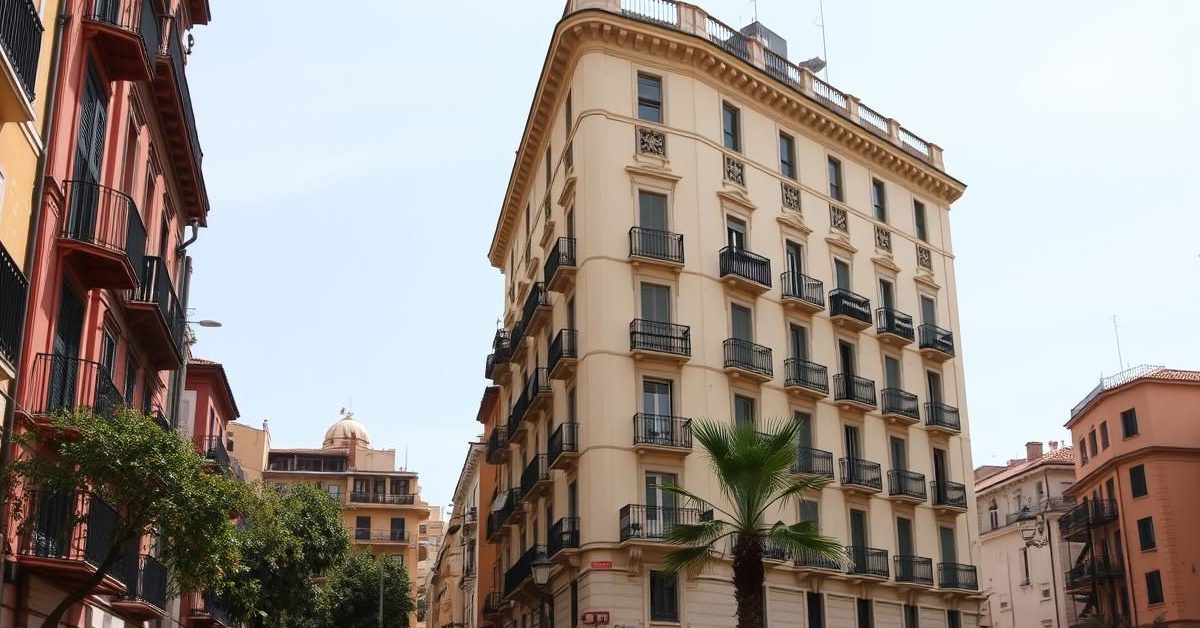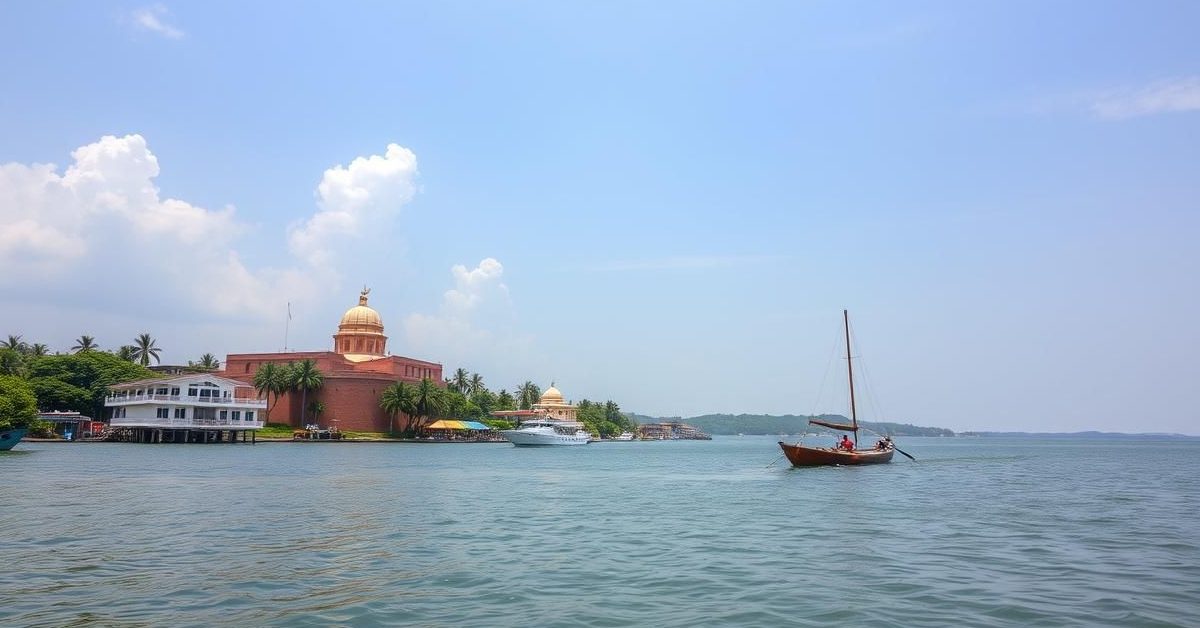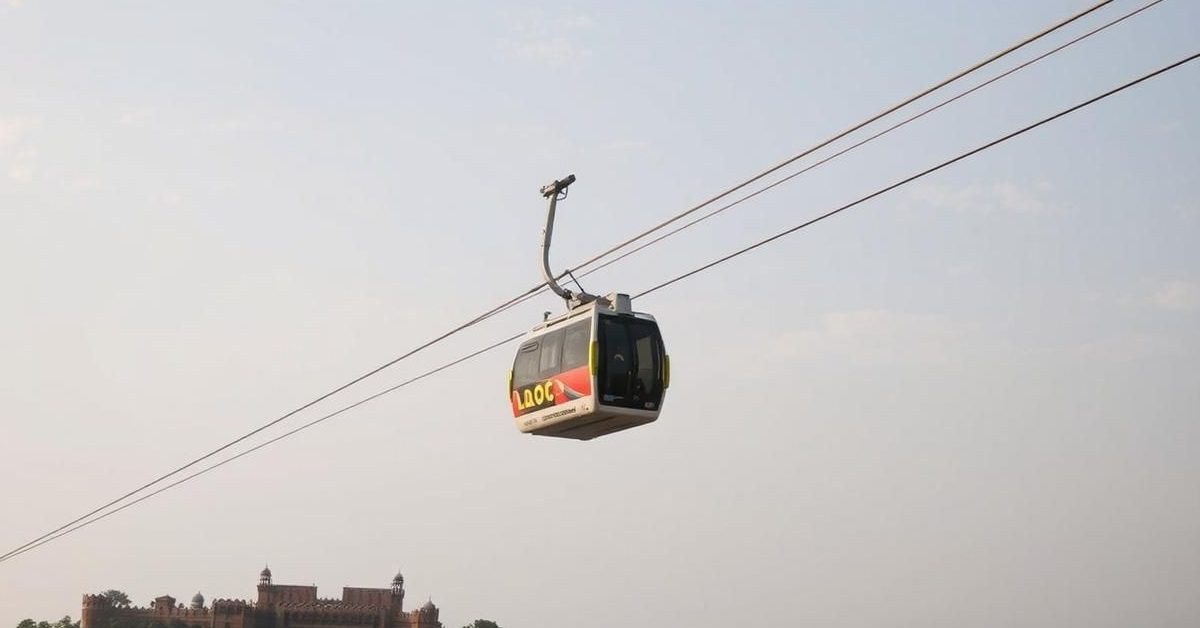Spain is intensifying its efforts against illegal tourist rentals, with the government announcing that Airbnb has removed 65,000 non-compliant listings and an additional 55,000 have now been identified as problematic.
Spain’s Stance on Tourist Rentals
The Spanish consumer rights ministry confirmed on Wednesday that it continues its robust crackdown on unregulated holiday rentals. This action follows a previous identification of 65,000 listings that violated Spanish rules, which Airbnb has since removed.
However, the ministry’s work isn’t over. They have now pinpointed nearly 55,000 more listings that are also deemed illegal, signaling an ongoing commitment to regulate the short-term rental market.
Why the Crackdown?
This isn’t just about paperwork; it’s a broad effort by the Spanish government, along with city councils and regional authorities. Many Spaniards believe that the proliferation of these tourism rentals, often found on platforms like Airbnb and Booking.com, contributes to “excess tourism.”
Even more critically, residents argue that these listings are driving up housing costs, making it increasingly difficult for locals to afford homes in their own cities. The ministry emphasized its dedication to upholding the constitutional right to housing, prioritizing it over the profits of large multinational corporations.
Airbnb’s Previous Challenges
Before these removals, Airbnb had repeatedly tried to challenge the ministry’s decisions in court. The company argued that the consumer rights ministry lacked the proper authority to make rulings on short-term rentals.
Airbnb also claimed that the ministry had failed to provide a clear, evidence-based list of non-compliant accommodations. Despite these challenges, the Spanish authorities have moved forward with their enforcement.
The Heart of the Problem: Licensing
A major reason for many of the initially removed Airbnb listings was their failure to include a tourist accommodation license number. This specific requirement is crucial under Spanish regulations.
Additionally, some listings did not specify whether the property owner was an individual or a corporation, another key piece of information now required. With new legislation enacted on July 1, having an official license number for tourist accommodations is now mandatory, leaving no room for ambiguity.
- Spain’s consumer rights ministry has identified and pushed for the removal of over 120,000 illegal Airbnb listings.
- The crackdown aims to combat “excess tourism” and address rising housing costs for locals.
- A key violation is the absence of a mandatory tourist accommodation license number.
- New legislation from July 1 makes the license number a compulsory requirement for all listings.
These actions underscore Spain’s firm resolve to balance tourism growth with the needs and well-being of its local residents and ensure a fairer housing market.















